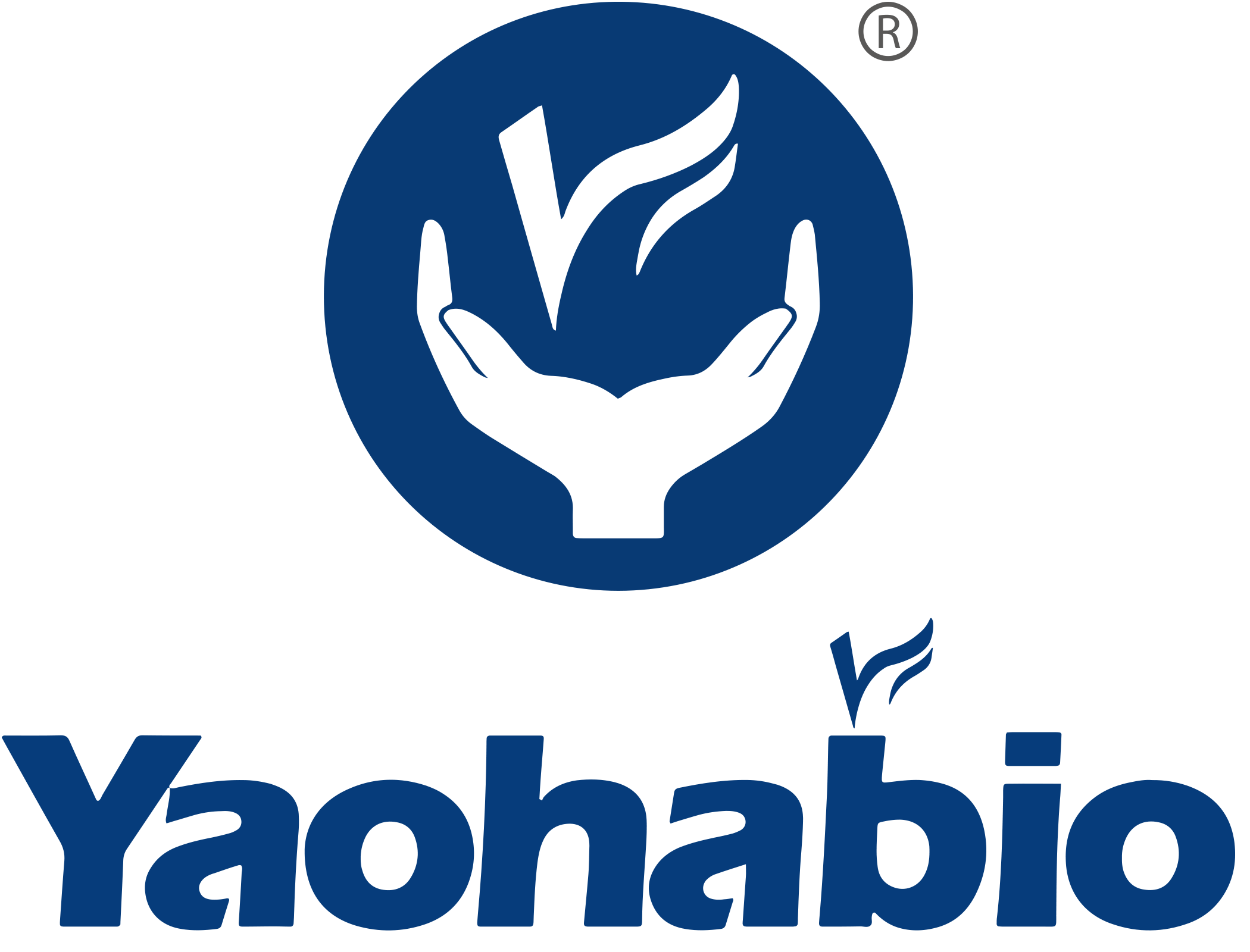Pet's Dedicated Insulin Solution for a Sweet Life
Diabetes mellitus (DM) is a prevalent disease that affects not only humans but also our beloved pets. As pets' diets improve, their chances of developing diabetes increase due to higher rates of obesity. Based on the database encompassing 2.5 million canine patients, the incidence of DM in dogs has escalated by a 79.7% since 2006. People should pay more attention to the prevention and treatment of DM in pets.
Symptoms of DM in pets include increased thirst and urination, weight loss, and in severe cases, lethargy, vomiting, and even life-threatening conditions like ketoacidosis.
DM in pets is generally classified into two types:
Type 1 Diabetes
It is common in dogs. Type I diabetes in dogs mainly stems from two causes. The most prevalent cause is the immune-mediated pancreas damage but the autoimmune trigger is unknown. It affects mainly young to middle-aged but can occur in seniors. Second, severe recurrent pancreatitis, where pancreatic enzymes attack the organ. Normally, inactive enzymes activate in the gut; in pancreatitis, they activate in the pancreas, digesting it.
Type 2 Diabetes
It rarely affects dogs but is more likely to affect older cats, typically those over 6 years of age. Type 2 diabetes is characterized by insulin resistance, where the body produces insulin but cannot effectively use it to regulate blood sugar levels. Obesity is a significant risk factor for type 2 diabetes in pets.
Sources of Veterinary Insulins
Animal-Derived Insulin
Traditionally, insulin extracted from pig or cow pancreases was used. Porcine insulin closely resembles dog insulin in its amino acids structure, while bovine insulin exhibits the greatest similarity to cat insulin. The most famous product is the lente inuslin, which uses U-40 porcine insulin zinc suspension and is commonly used in the treatment of DM in dogs.
Human Recombinant Insulin
Human recombinant insulin is produced through genetic engineering technology. Currently, there are a variety of human recombinant insulins available on the market with different durations of action, which can meet the treatment needs of different pets. Yaohai Bio-Pharma has been using microbial expression to produce human recombinant insulin for over 10 years. Leveraging its extensive experience, Yaohai is able to fulfill clients' customized requirements for veterinary insulins with high-quality.
Types of Veterinary Insulins
Short-acting Insulins
Short-acting insulins like Humulin R and Novolin R are usually employed in the treatment of diabetic ketoacidosis (DKA) in pets. DKA is a perilous condition characterized by dangerously high blood glucose levels triggering the formation of acidic ketones in the body. These insulins facilitate prompt glycemic control, effectively stabilizing the pet's condition until its ketone production normalizes, thereby addressing the emergency.
Intermediate-acting Insulins
Compared to the short-acting insulins, intermediate-acting insulins are characterized by a gradual onset and extended duration of action. Prominent examples within this category include Neutral Protamine Hagedorn (NPH) insulins like Humulin N and Novolin N, as well as Lente insulin. These insulins facilitate a consistent and prolonged release of insulin, rendering them advantageous for regulating blood glucose in diabetic dogs. However, when administered to cats, NPH insulins exhibit a relatively short duration of activity, which may result in intermittent periods of hyperglycemia throughout the day. Consequently, for cats, intermediate-acting insulins are not typically recommended as a sustainable long-term therapeutic option.
Long-acting Insulins
Long-acting insulins provides a slow onset and long duration of action that helps pets maintain stable blood glucose levels over an extended period. For diabetic cats, long-acting insulin is a commonly prescribed treatment option. Notable examples of these insulins include insulin glargine and detemir. These formulations are particularly beneficial for dogs and cats that require consistent, long-term insulin coverage to effectively control their diabetes, ensuring a stable and more manageable treatment plan.
Conclusion
As the prevalence of diabetes in pets increases, the market size for veterinary insulin is expected to expand. Yaohai Bio-Pharma, with its expertise in recombinant insulin production, can produce biosimilars of various veterinary insulins that offer efficacy and safety comparable to the products currently available in the market. Yaohai Bio-Pharma is the optimal choice for accelerating your veterinary insulin business.
Yaohai Bio-Pharma is also actively seeking institutional or individual global partners and offers the most competitive compensation in the industry. If you have any questions, please feel free to contact us: [email protected]
Hot News
-
Yaohai Bio-Pharma Passed EU QP Audit and Attains ISO Triple Certification
2024-05-08
-
BiotechGate, Online
2024-05-13
-
2024 WORLD VACCINE CONGRESS Washington
2024-04-01
-
CPHI North America 2024
2024-05-07
-
BIO International Convention 2024
2024-06-03
-
FCE COSMETIQUE
2024-06-04
-
CPHI Milan 2024
2024-10-08

 EN
EN
 AR
AR
 HR
HR
 CS
CS
 DA
DA
 NL
NL
 FI
FI
 FR
FR
 DE
DE
 EL
EL
 IT
IT
 JA
JA
 KO
KO
 NO
NO
 PL
PL
 PT
PT
 RO
RO
 RU
RU
 ES
ES
 SV
SV
 IW
IW
 ID
ID
 LV
LV
 LT
LT
 SR
SR
 SK
SK
 SL
SL
 UK
UK
 VI
VI
 ET
ET
 HU
HU
 TH
TH
 TR
TR
 FA
FA
 AF
AF
 MS
MS
 BE
BE
 MK
MK
 UR
UR
 BN
BN

